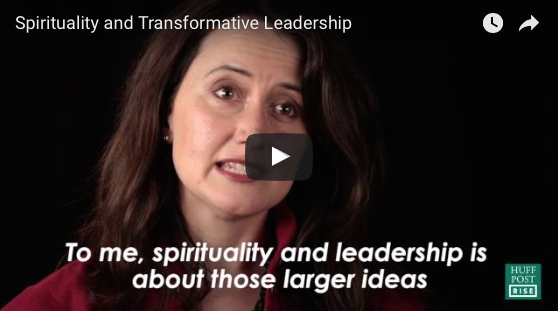
Welcome to the Spirituality and Transformative Leadership blog series!
There is no doubt that today’s global leadership is at a crisis point. Leaders of principle are in short supply, politics has become reactionary and isolationist and there is a crying need for leadership that can unite multiple interests into a coherent vision for the reality of today’s world. The model of ‘servant leadership’ that believed in service to a higher cause than oneself, embraced by such visionaries as Gandhi, Martin Luther King, Churchill, Mandela, seems extinct in today’s world. As recent events have seen, we need a new vision of leadership that can steer the course of our globalised world, whilst having the humility to recognise the challenges that ordinary people face in their day to day lives.



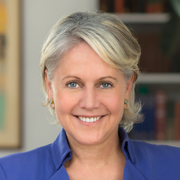
 The world continues to weep daily for the senseless violence that so devastates families and communities. Today it is San Bernardino, California. Yesterday it was Cameroon, and Jerusalem, before that Baghdad, Beirut, Bethlehem, Nigeria, Tunisia, and Paris. And tomorrow…? The daily violence reflected in these and so many more incidents is deeply shocking and stirs up powerful feelings of fear, anger, outrage and sadness. The questions swirl, and consume our thoughts. Why? Who? How? It is natural to feel this way. Violence is horrible and the purpose of violence is to horrify and paralyze.
The world continues to weep daily for the senseless violence that so devastates families and communities. Today it is San Bernardino, California. Yesterday it was Cameroon, and Jerusalem, before that Baghdad, Beirut, Bethlehem, Nigeria, Tunisia, and Paris. And tomorrow…? The daily violence reflected in these and so many more incidents is deeply shocking and stirs up powerful feelings of fear, anger, outrage and sadness. The questions swirl, and consume our thoughts. Why? Who? How? It is natural to feel this way. Violence is horrible and the purpose of violence is to horrify and paralyze.
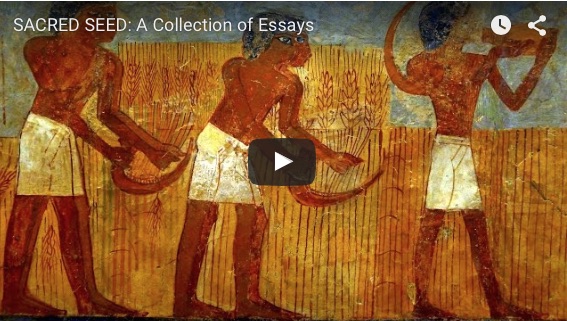
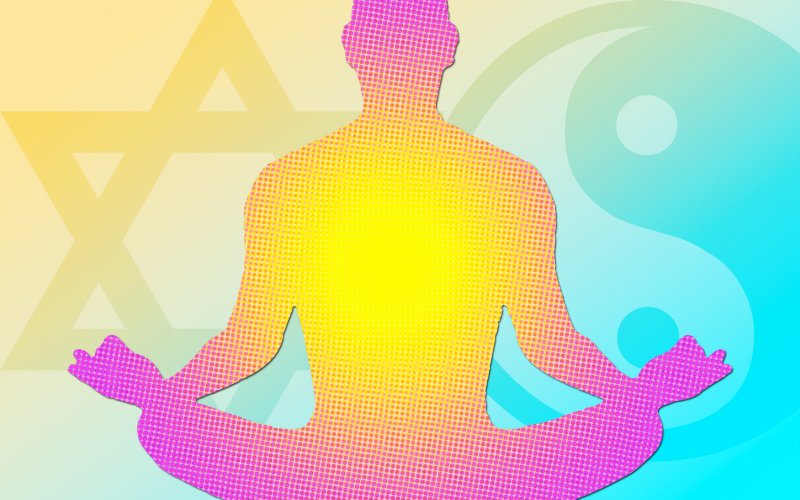
 Let me say something I’m not supposed to say: I’m embarrassed by my new book.
Let me say something I’m not supposed to say: I’m embarrassed by my new book.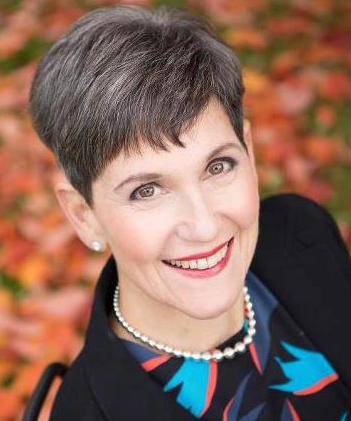
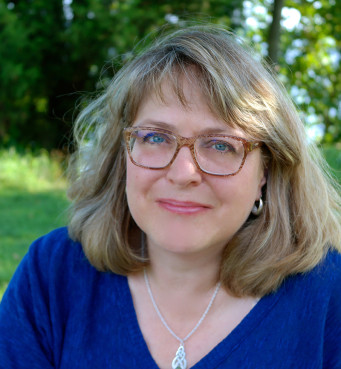 Four mornings a week, in the tranquil, blushing hours of morning, Diana Butler Bass drives to a familiar walking trail along the Potomac River and embarks on a two-mile stroll.
Four mornings a week, in the tranquil, blushing hours of morning, Diana Butler Bass drives to a familiar walking trail along the Potomac River and embarks on a two-mile stroll.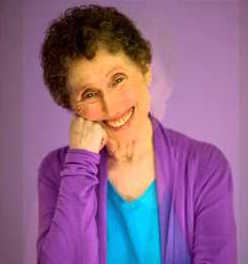 When people think of spirituality, we often have images of angels singing, wise men in rapture, saintly women with modest demeanor, monks in meditation, masters benignly guiding us and God or some kind of greater spirit above us, leading us unerringly with total wisdom, certainty and compassion. This could not be further from the truth, which should be obvious from a cursory glance around our universe. The "heavens" are full of turmoil, as we can only conclude from the expression: As above, so below. All of creation is in constant flux and evolution, and we and the heavens are One in that tumultuous process.
When people think of spirituality, we often have images of angels singing, wise men in rapture, saintly women with modest demeanor, monks in meditation, masters benignly guiding us and God or some kind of greater spirit above us, leading us unerringly with total wisdom, certainty and compassion. This could not be further from the truth, which should be obvious from a cursory glance around our universe. The "heavens" are full of turmoil, as we can only conclude from the expression: As above, so below. All of creation is in constant flux and evolution, and we and the heavens are One in that tumultuous process..jpg) With the advances in science and medicine, more effective ways to fight the scourge of cancer are now available, although the cost of treatment remains sky-high.
With the advances in science and medicine, more effective ways to fight the scourge of cancer are now available, although the cost of treatment remains sky-high.